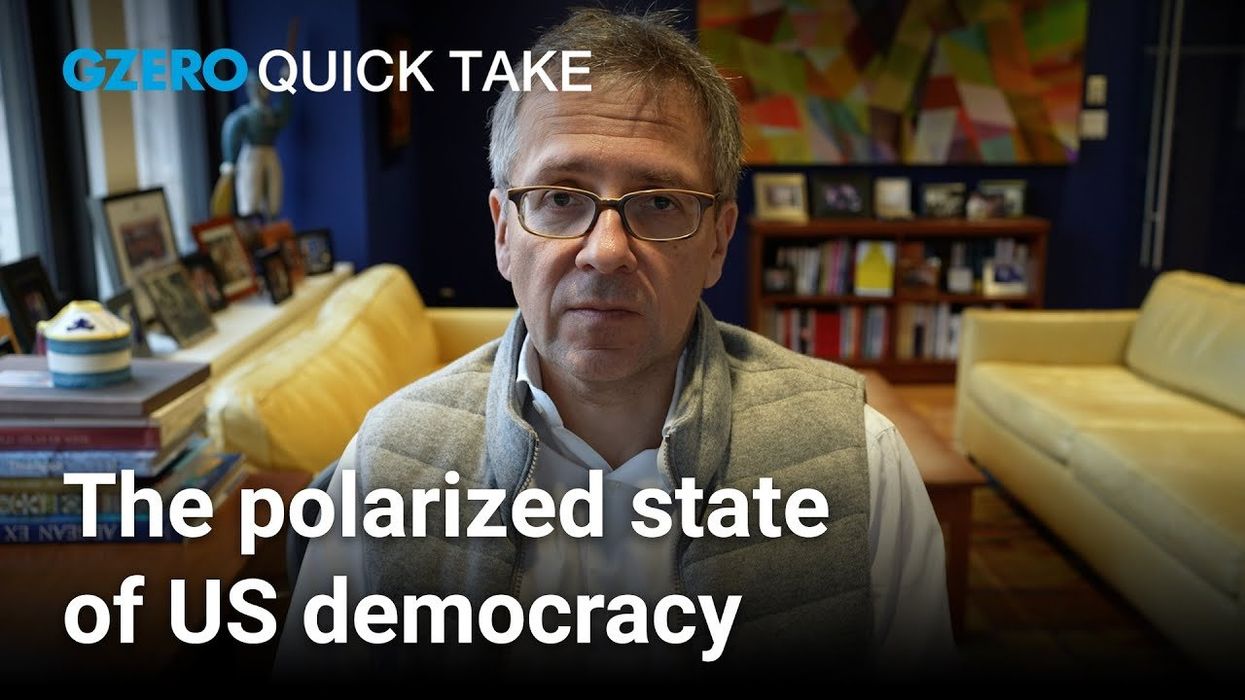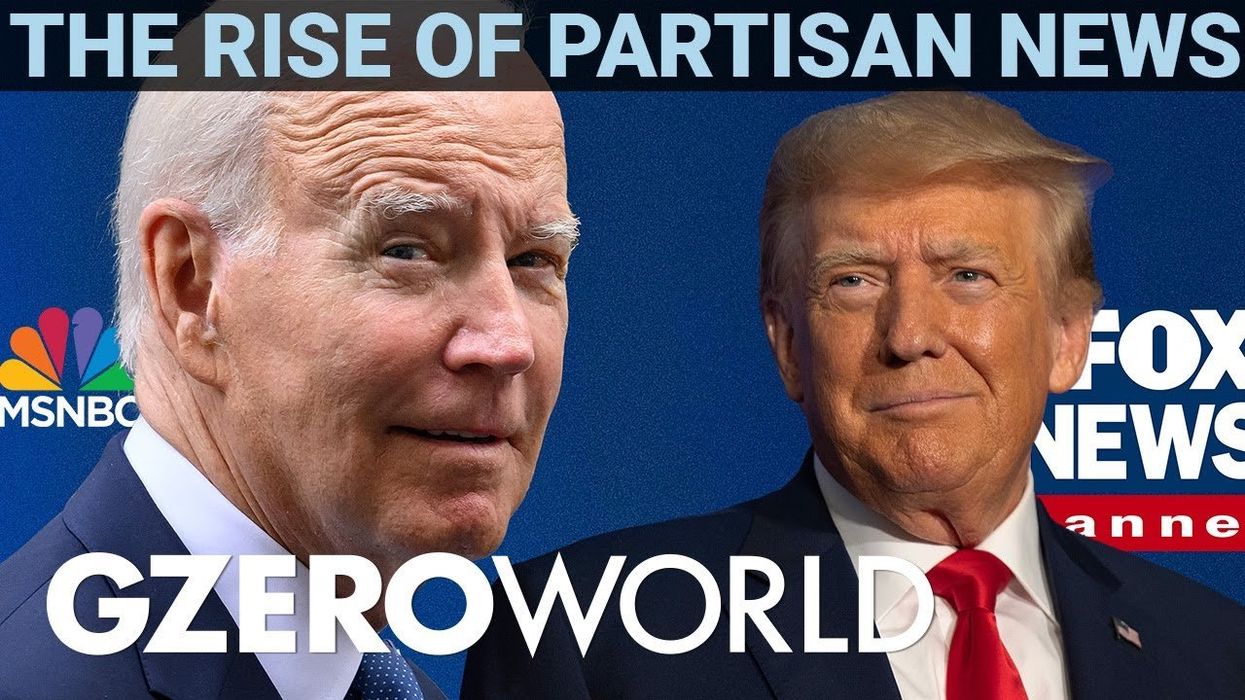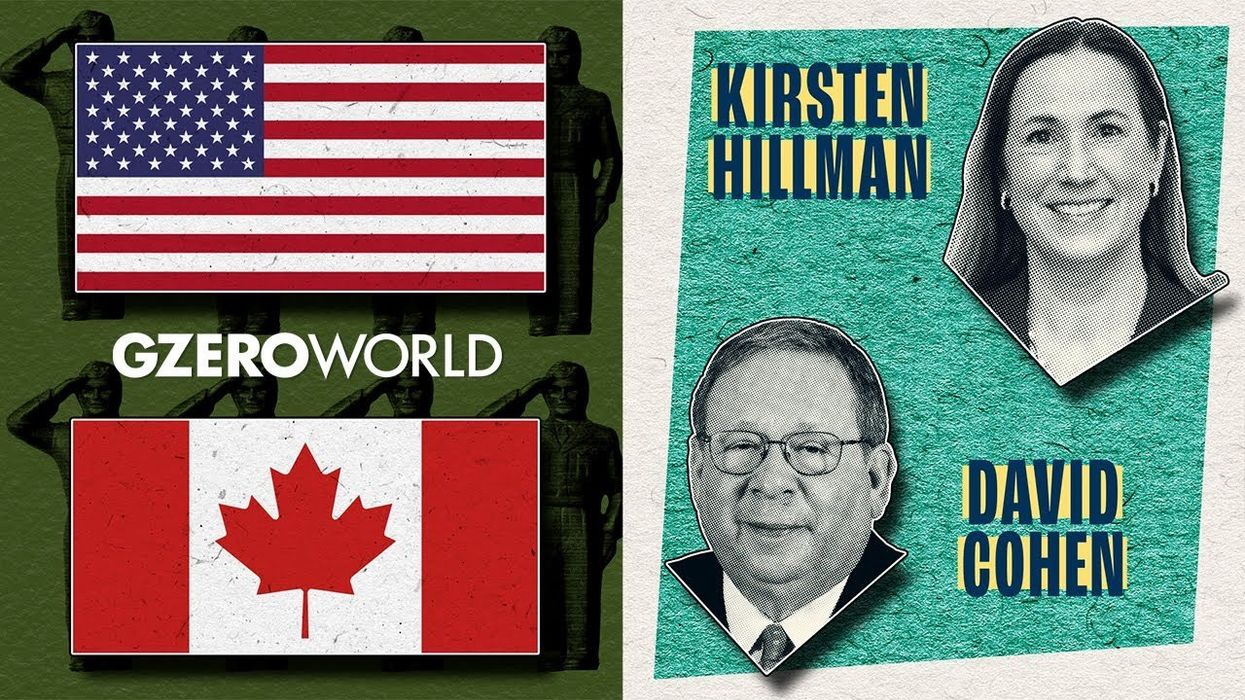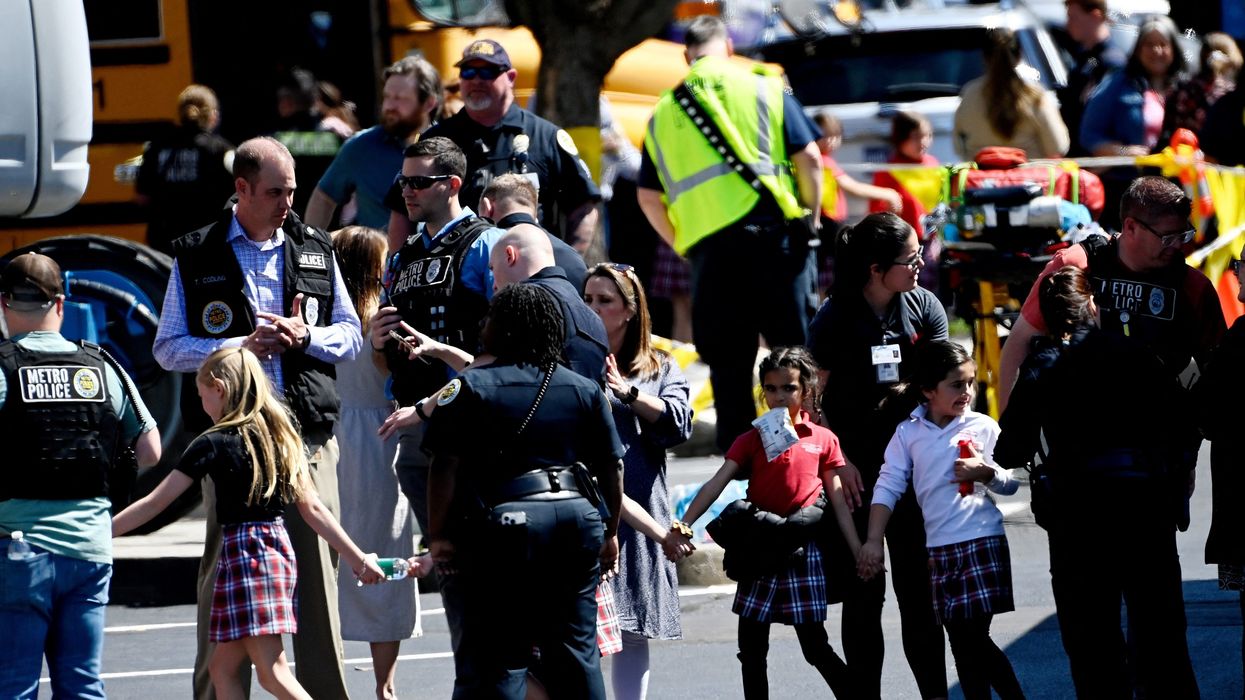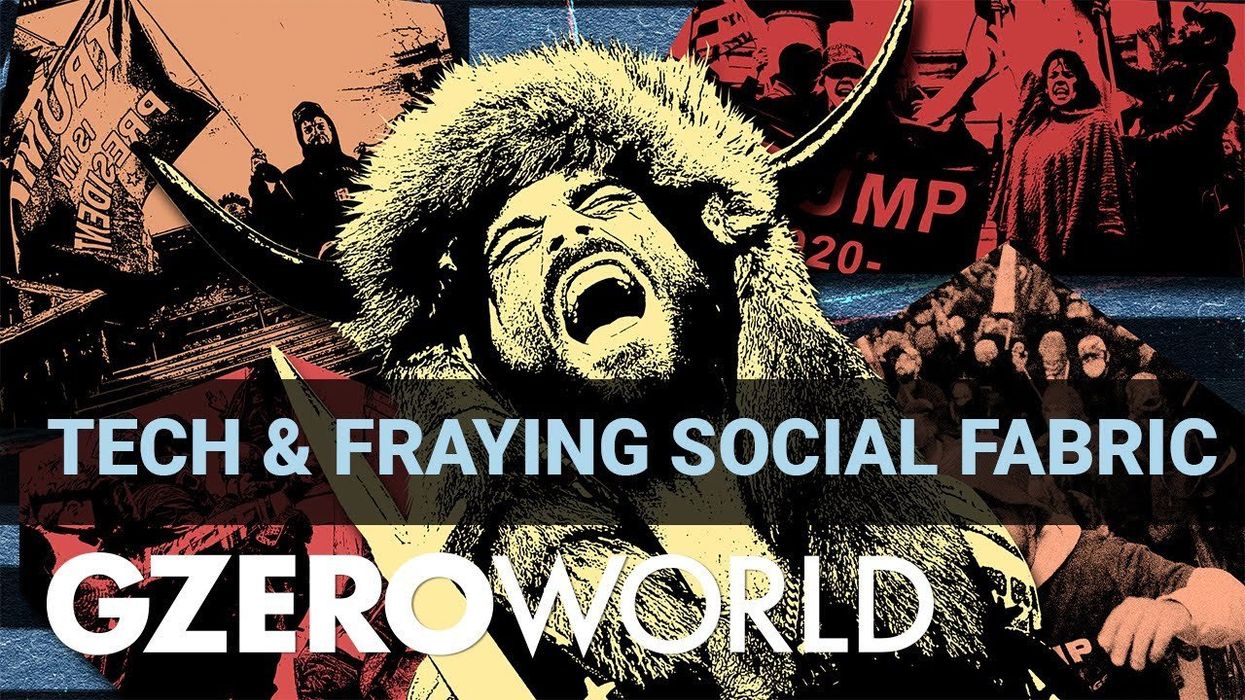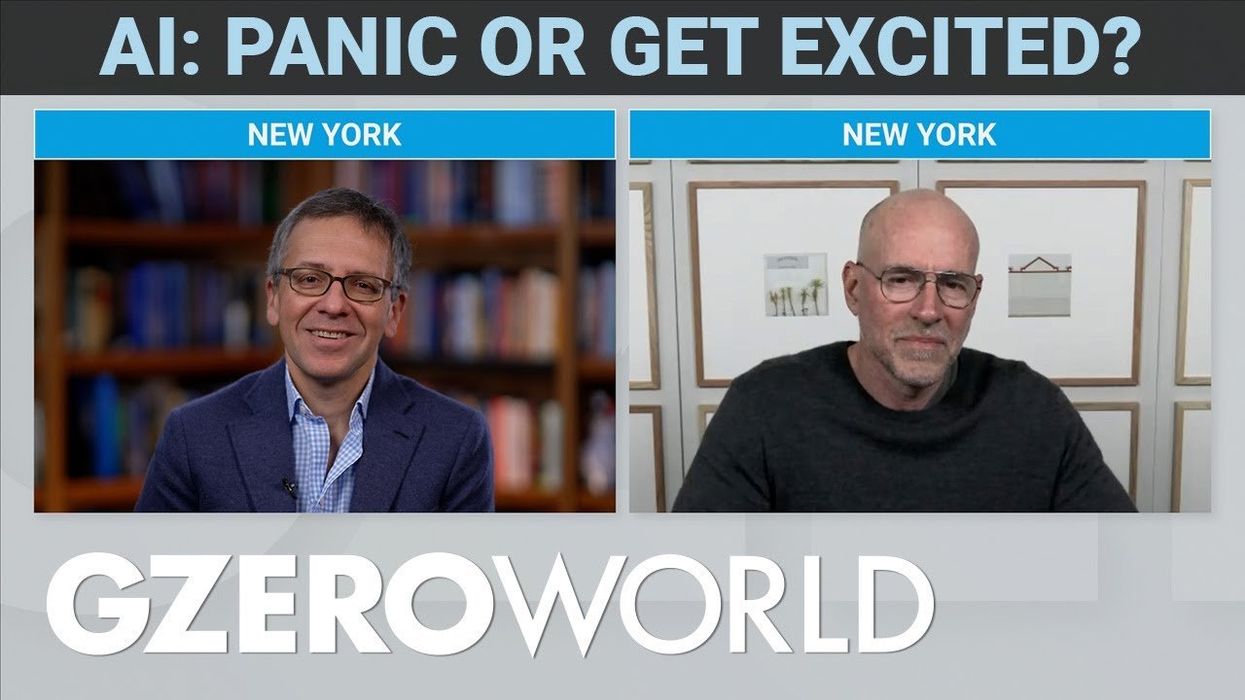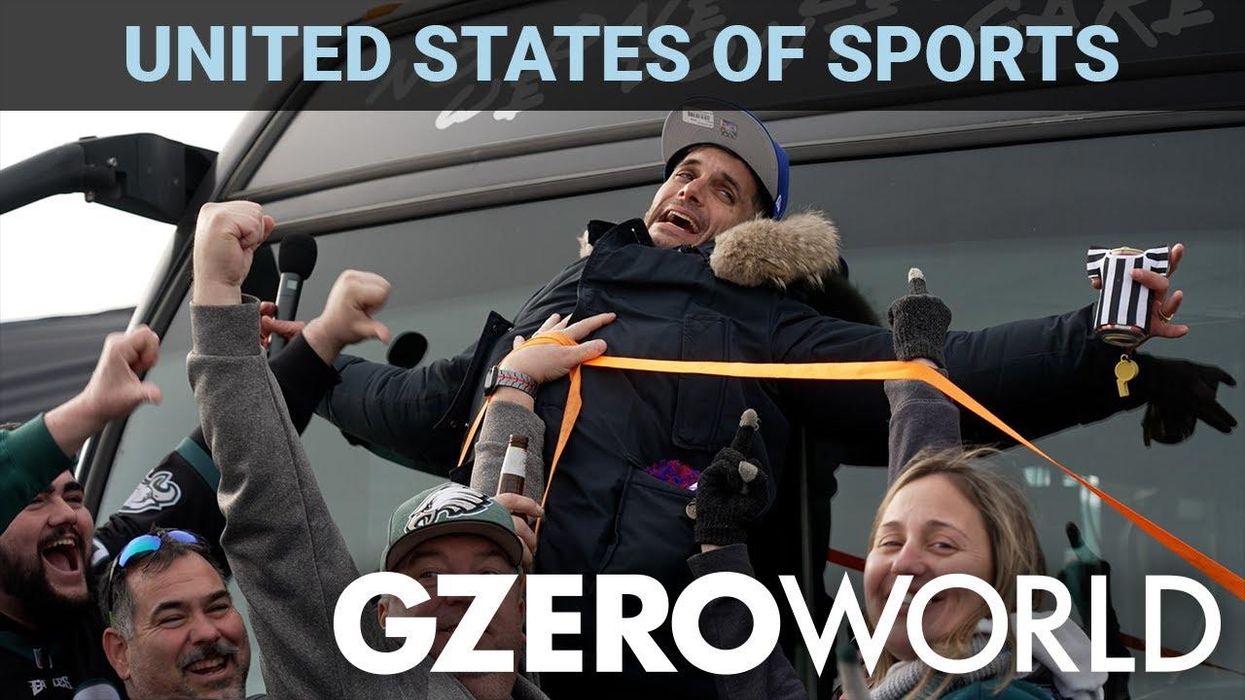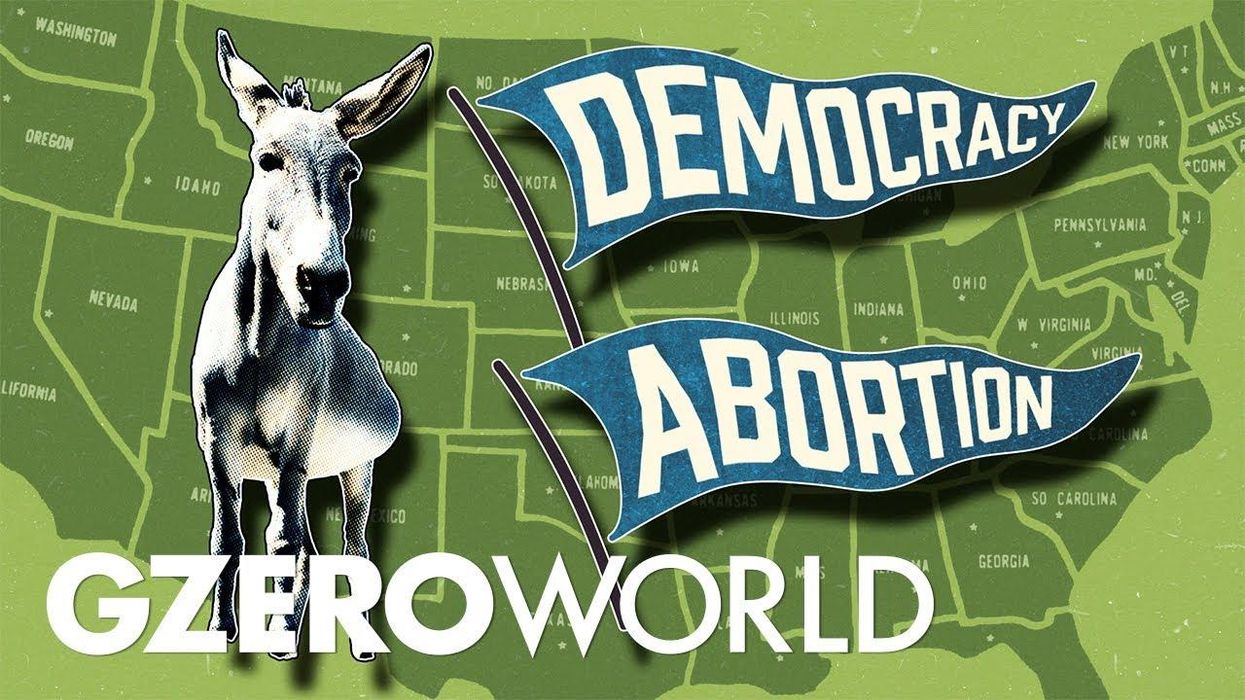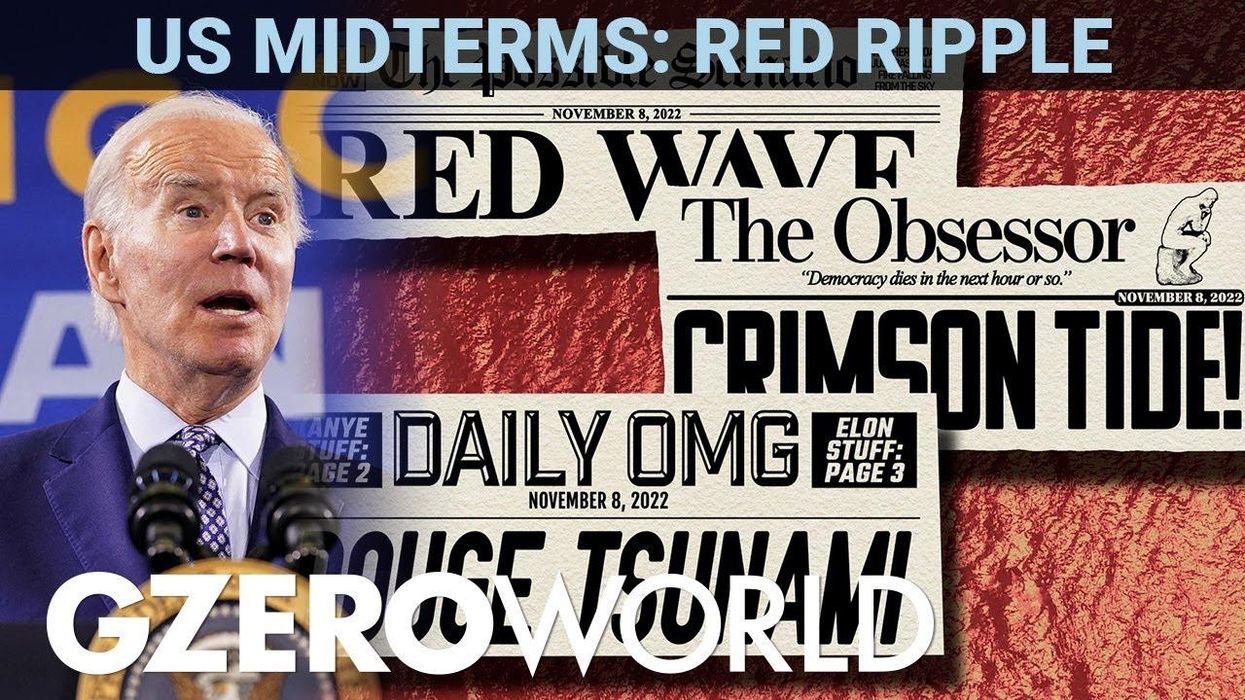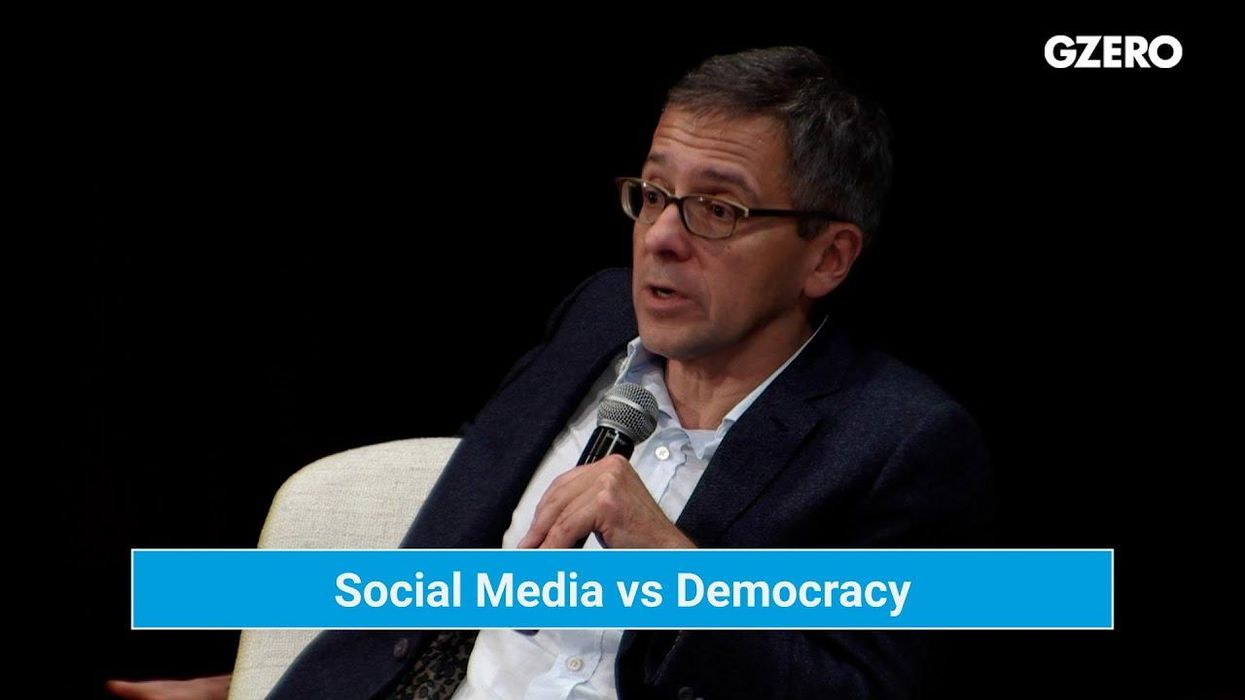Quick Take
In divided America, anything goes in the name of “protecting democracy"
Ian Bremmer's Quick Take: The one thing that almost all Americans today can agree on is that their political opponents at home are fundamentally opposed to democracy. When you believe that your political opponents are opposed to democracy, you take away their value as people, you think that their political views are wrong and they need to be erased.
Apr 01, 2024
